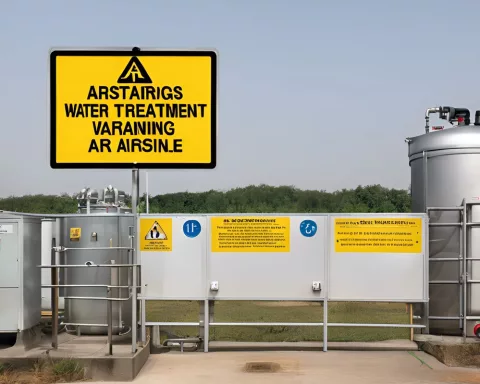South Africa has been dealing with a cholera outbreak since early 2023. The outbreak has affected five provinces and resulted in 198 confirmed cases and 43 fatalities to date. This article provides an in-depth look at the outbreak by examining the affected provinces, the nature of transmissions, and the disease’s symptoms. Furthermore, we will discuss the efforts made by various organizations in addressing this issue.
The Five Affected Provinces
The National Institute for Communicable Diseases (NICD) has reported that South Africa has had a total of 1073 suspected cholera cases across five provinces, with 198 of them being laboratory-confirmed between February 1 and July 4, 2023. Initially, the first three cases of the outbreak were imported or import-related, following travel to Malawi.
To prevent further spread of the disease, Foster Mohale, Health Departmental Spokesperson, stated the importance of continued vigilance among the public. Personal hygiene, especially during food preparation and serving at mass gatherings, is crucial.
Nature of Recent Cases
The confirmed cholera cases in the five provinces are now considered to be local transmissions rather than imported from other countries. This information comes from the Centre for Health Journalism, emphasizing the need for public awareness and adherence to hygiene practices within South Africa.
AfriForum’s Water Testing Initiatives
In response to the outbreak, civil rights organization AfriForum conducted numerous water tests in the Vaal River and other locations over the past month. The testing was initiated after the discovery of cholera in the river, which serves as a water source for numerous people daily.
Lambert de Klerk, Manager of Environmental Affairs, reported that water samples were taken from towns along the Vaal River and within the river system itself. The results revealed that seven locations tested positive for cholera, emphasizing the need for immediate action to address the situation.
Symptoms of Cholera
Cholera is a bacterial disease that typically spreads through contaminated water, causing severe diarrhea and dehydration. If left untreated, it can be fatal within hours, even for previously healthy individuals.
Early symptoms of cholera include:
- Sudden onset of watery diarrhea, which may lead to severe dehydration
- Nausea and vomiting
- Muscle cramps, particularly in the legs
- Rapid heart rate and low blood pressure due to dehydration
The cholera outbreak in South Africa demands a coordinated effort from various stakeholders, including government agencies, civil rights organizations, and the public. Awareness of the affected provinces, understanding the nature of recent transmissions, and recognizing the symptoms of cholera are vital in combating this deadly disease. In the long run, improving water quality and promoting hygiene practices will be crucial in preventing future outbreaks and safeguarding public health.












